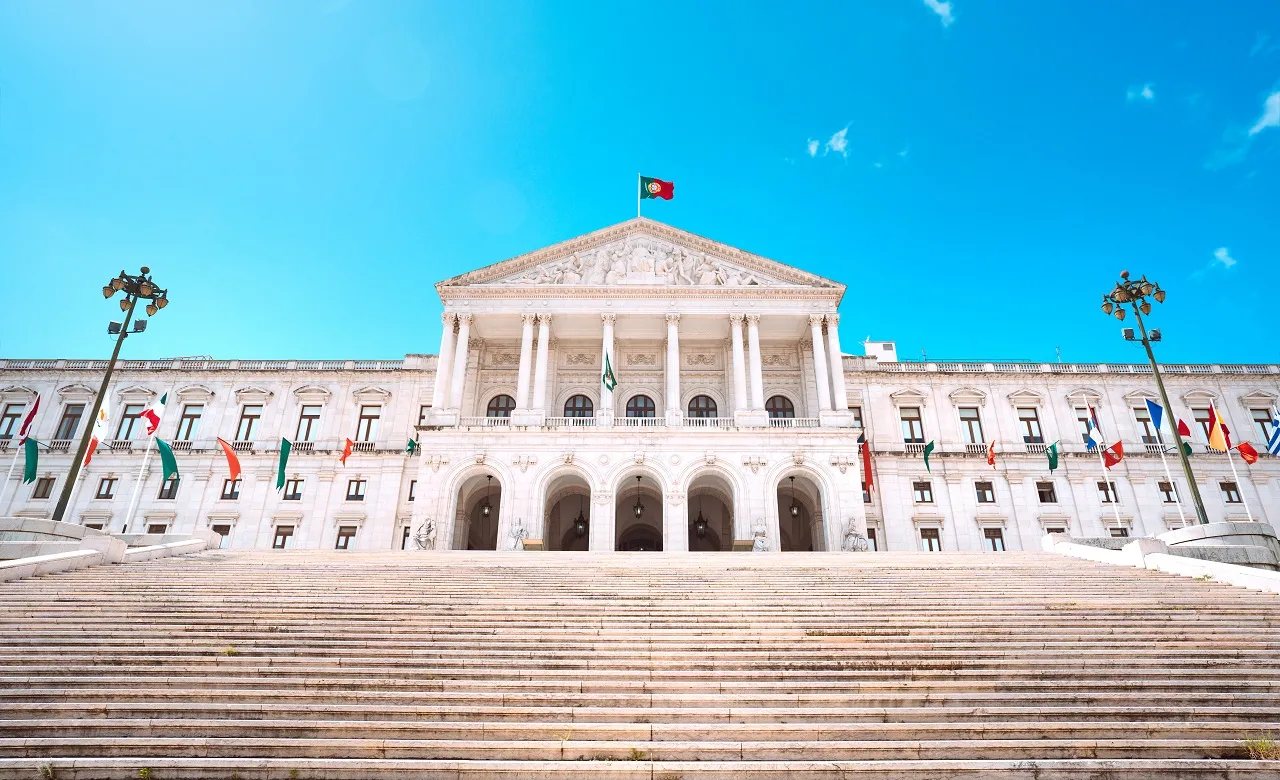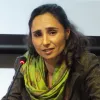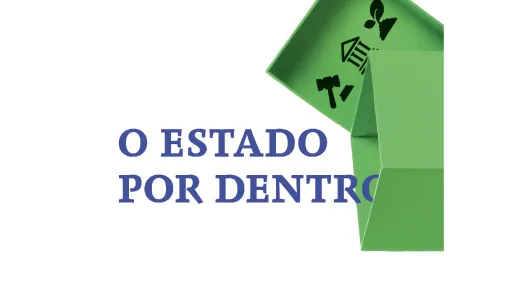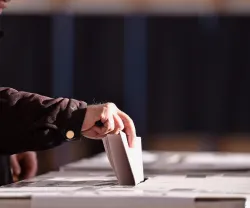
The State from within
In Portugal, the state and its apparatus tend to be portrayed as a mirror of a Portuguese society full of defects and vices. Public office is seen as a safe haven that you reach mainly through the intervention of a patron and where you can then stay for many years, apparently in a carefree manner, benefiting from a fairly reasonable economic and social status.
The state thus tends to be presented in a monolithic way that always gives it the same identity (and even a certain aura of ineffability). Such a perspective inevitably ends up obscuring the role of institutions – of formal norms, bureaucratic procedures and mechanisms of discipline and inculcation.
The result of a collaboration between Fundação Francisco Manuel dos Santos and SOCIUS – Centro de Investigação em Sociologia Económica e das Organizações (ISEG ULisboa), this study, coordinated by Daniel Seabra Lopes, presents the results of the project «The State from within – The ethnography of power and public administration in Portugal». This study proposes an alternative view of the State, more precisely an ethnographic view of three representative functions of the State:
- the political power personified in the members of parliament
- judicial power, personified by the judges or clerks of the court in two courts of first instance
- the environmental management carried out by the staff of the Portuguese Environment Agency
This study is divided into three parts: the first part, which includes this introduction, a literature review chapter and a methodological chapter, where the methods used in this research and the variants of fieldwork it gave rise to are presented in more detail; the second part, made up of three empirical chapters, each devoted to an ethnographic field (parliament, justice and environmental management, in descending order of sovereignty); and the third part, which includes a cross-sectional analysis chapter where points of convergence and divergence between the three studies are identified, and a general conclusion that puts forward avenues for future work.
FFMS thus seeks to contribute to new studies and fruitful debate about the state and the organisational processes that run through it.








